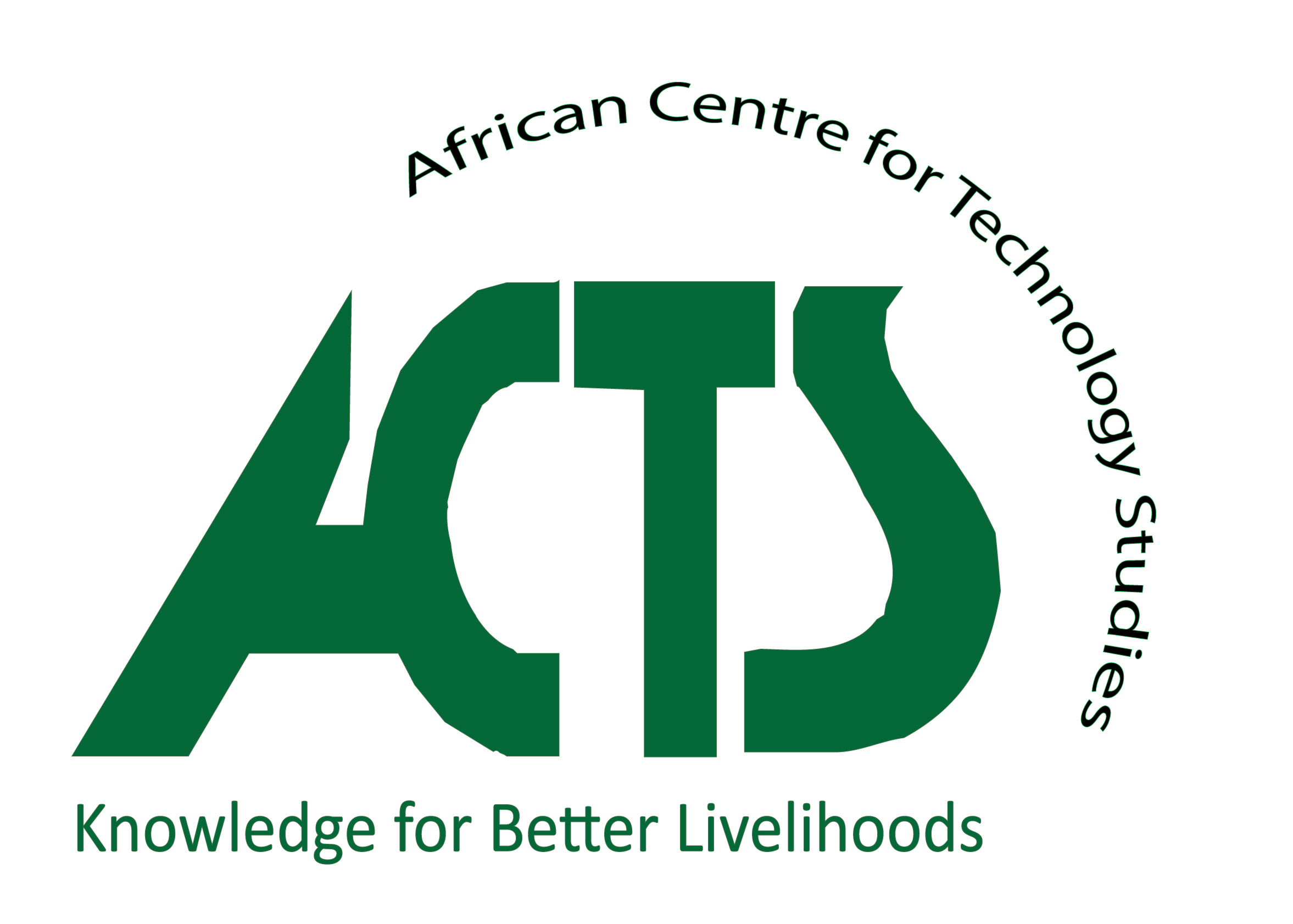The Centre is working closely with government agencies, development partners and the private sector to accelerate transition to inclusive sustainable and resilient cold-chains by tapping into clean energy options and refrigeration.

Dr. Catherine Kilelu, ACTS’ head of Agriculture, Food and Nutrition Security programme, making a presentation during the workshop.
ACTS is spearheading a national drive to increase adoption of sustainable cooling solutions geared towards reducing food loss and waste among smallholder farmers.
In collaboration with the Africa Centre of Excellence for Sustainable Cooling and Cold Chain (ACES), ACTS recently organised a workshop in Nairobi where stakeholders deliberated at length on how to transform the agri-food sector by promoting sustainable cooling technologies and related policies.
During the workshop, key actors in Kenya’s agri-food sector called for increased investment in cold-chain infrastructure and related technologies to reduce food loss and waste. This should be supported by effective policies bearing on access to sustainable cooling including links with renewable energy issues related to the environment.
Dr. Catherine Kilelu, who heads ACTS’ Agriculture, Food and Nutrition Security programme, informed participants that the agri-food sector in Kenya contributes about 51% of the country’s GDP and accounts for about 60% of job opportunities. However, approximately USD 662 million is lost annually due to post-harvest food loss and waste.
“In Kenya, an estimate of 30-40% of fruits and vegetables worth USD 140 million are lost yearly. Hence, the transition to sustainable cooling solutions is critical. This will not only reduce post-harvest losses but also greenhouse gas emissions,” she said.
Community Cooling Hubs
Currently, ACTS is implementing a Community Cooling Hub (CCH) project, which seeks to understand and design sustainable cooling services targeting a broad range of diverse rural farmers as well as owners of Small and Medium Enterprises (SMEs). The innovative model, which targets smallholder farmers, has the potential to address food loss and waste with a view to improving nutrition security, improve livelihoods, and bolster agro-industry development. The project aims to deploy accessible, efficient, affordable, resilient, and sustainable cooling solutions targeting smallholder farmers in Kenya.
Warehouse Receipt System
During the workshop, it was also revealed that the Ministry of Agriculture, Livestock, Fisheries, has operationalised a warehouse receipt system in different parts of the country, where farmers or traders deposit commodities e.g., potatoes, cereals, livestock products, processed milk, and fiber crops in a certified warehouse and are issued with a warehouse receipt as proof of ownership.
The warehouses are expected to reduce post-harvest losses, improve quality and quantity of produce, promote aggregation of produce by small-scale farmers enabling access to large traders, agro-processors, and value addition and promote flexibility in pricing commodities.
National Cooling Action Plan
Participants were also informed about the National Cooling Action plan (NCAP) adopted in May 2022; it focuses on promotion of the use of natural refrigerants, promotion of energy-efficient refrigeration and air-conditioning appliances and improving agricultural cold chain.
The plan also outlines roadmaps on how to support research and development for technicians and promote access to innovative business models for sustainable cooling.
Download


